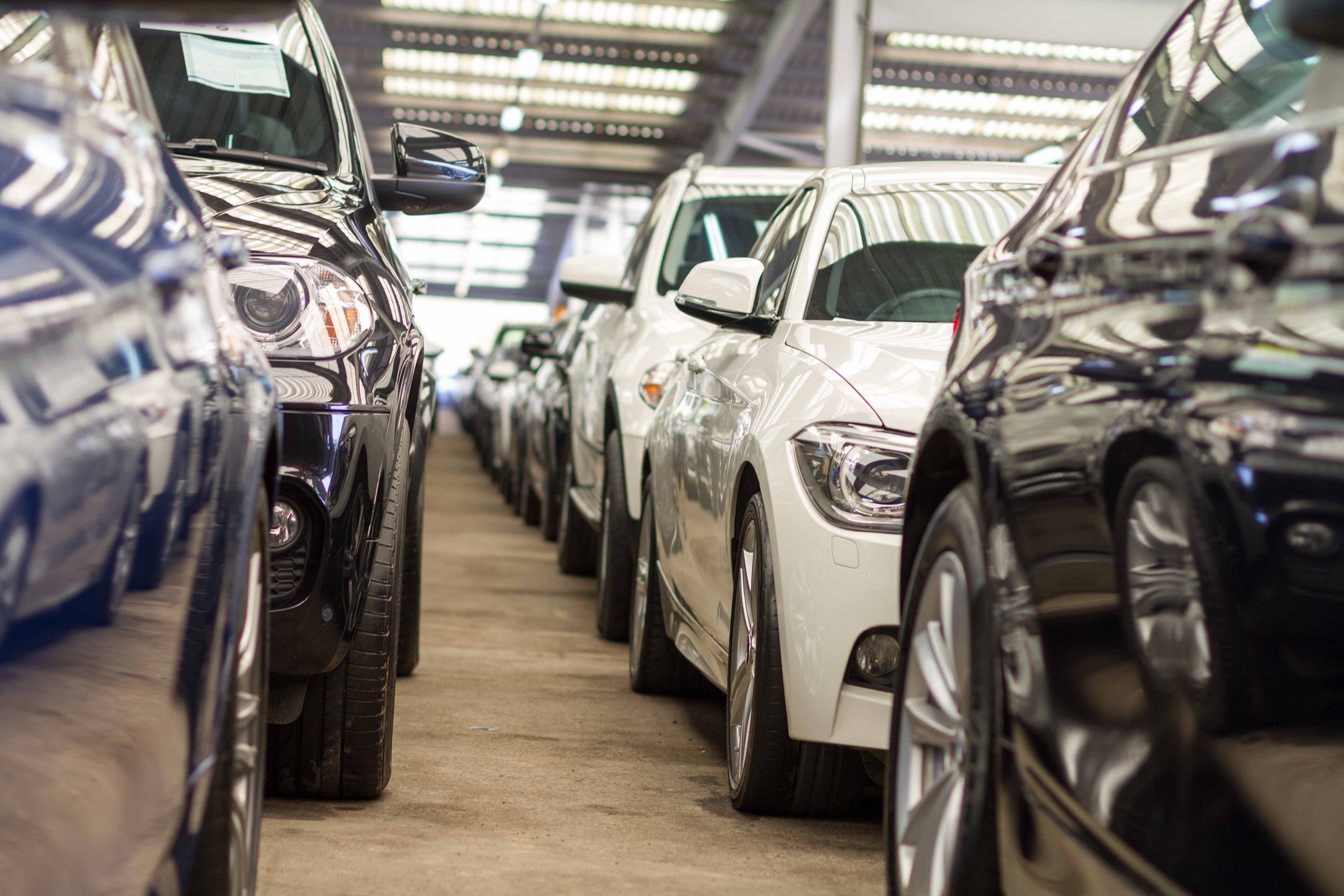
The UK new car market recorded growth for the first time since August 2020, with 29,280 more units registered during March this year than last, according to figures from the Society of Motor Manufacturers and Traders (SMMT).
However, the month represents the anniversary of the first lockdown in March 2020, when the pandemic caused registrations to fall by 44.4%.
Compared with the 2010-2019 March average of 450,189, registrations were down 36.9%, with 283,964 units registered. So far, 2021 has seen 58,032 fewer cars registered compared to January to March last year, equivalent to a loss of £1.8bn in turnover during the first quarter.
While overall registrations were slightly up compared to last year, growth came almost entirely from fleets, which saw a 28.7% increase in registrations. Retail consumer demand remained depressed, falling by 4.1% compared to March 2020 as showrooms remained closed for the duration of the month.
The shift to new technologies is continuing, however, with plug-in vehicle demand reaching its highest ever volume. Battery electric vehicles (BEVs) and plug-in hybrid vehicles (PHEVs) took a combined market share of 13.9%, up from 7.3% last year as the number of models available to customers increased from 72 to 116. Registrations of BEVs increased by 88.2% to 22,003 units, while PHEVs rose by 152.2% to 17,330. Hybrid Electric Vehicles (HEVs) also rose 42% to reach 21,599 registrations.
Mike Hawes, chief executive of the SMMT, said: “The past year has been the toughest in modern history and the automotive sector has, like many others, been hit hard. However, with showrooms opening in less than a week, there is optimism that consumer confidence – and hence the market – will return.
How well do you really know your competitors?
Access the most comprehensive Company Profiles on the market, powered by GlobalData. Save hours of research. Gain competitive edge.

Thank you!
Your download email will arrive shortly
Not ready to buy yet? Download a free sample
We are confident about the unique quality of our Company Profiles. However, we want you to make the most beneficial decision for your business, so we offer a free sample that you can download by submitting the below form
By GlobalData“We know we will see record-breaking growth next month given April 2020 was a washout, but a strong and sustainable market is possible if customers are attracted to the choice and competitive offer the industry is able to provide within the safest of showroom environments.
“New plug-in models are already helping drive a recovery but to convince more retail consumers to make the switch, they must be assured these new technologies will be convenient for their driving needs and that means, above all, that the charging infrastructure is there where they need it, and when they need it.”
Industry reaction
Sue Robinson, chief executive of the NFDA, said: “Today’s figures show that demand for the new ‘21’ plates is high. This demand is expected to further increase as industry data suggests that many car buyers are waiting for dealerships to fully reopen to complete their purchases. As dealers will be able to safely welcome customers back to the showrooms in less than a week, April is expected to be a bumper month.
“Positively, sales of electrified vehicles have continued to perform this year strongly. While the Government’s recent decision to reduce the plug-in grant has the potential to dampen growth, sales of EVs should continue to increase their market share.”
Ian Plummer, commercial director at Auto Trader, said: “On Auto Trader, we saw a record month for consumers viewing new cars and generating new car leads. In fact, March overall audience figures for Auto Trader have set a new record, with visits and time on site up 27% and 22% respectively over 2019 levels.
“In addition, consumers viewing a new car on Auto Trader in March was up 13% month-on-month and up a staggering 49% year-on-year. New car leads broke a new record with a 29% increase month-on-month and a huge 184% increase year-on-year. These metrics coupled with high consumer confidence, higher savings and less debt suggest demand for cars will be high when forecourts re-open.”
James Fairclough, chief executive of AA Cars, said: “Whether it was the light at the end of the lockdown tunnel or the arrival of the new licence plates, March’s uptick in sales provided a much-needed boost to dealers. There’s now a renewed sense of optimism in the industry as forecourts begin to open in Scotland, and dealerships in England prepare to follow suit next week.
“Soon after forecourts reopened after the first lockdown last summer, sales spiked 11% higher than they had been at the same time in the previous year. If dealerships get anything like that sort of bounce this spring, it could inject confidence and optimism for the remainder of the year.”
Karen Hilton, chief commercial officer at heycar, said: “While we continue our slow return to normality – on the continent coronavirus remains rampant – which continues to have a significant impact on new car production, causing widespread delays on factory orders and bespoke builds.
“Therefore, for those wanting as-new models, the used car market remains their only option – where they can make significant savings on pre-registered stock. An influx of new customers could also arrive from those who extended finance deals over the past year to overcome uncertainties around the pandemic.”







